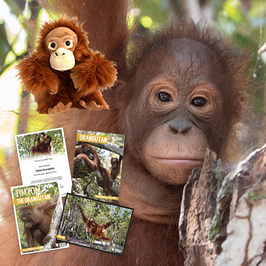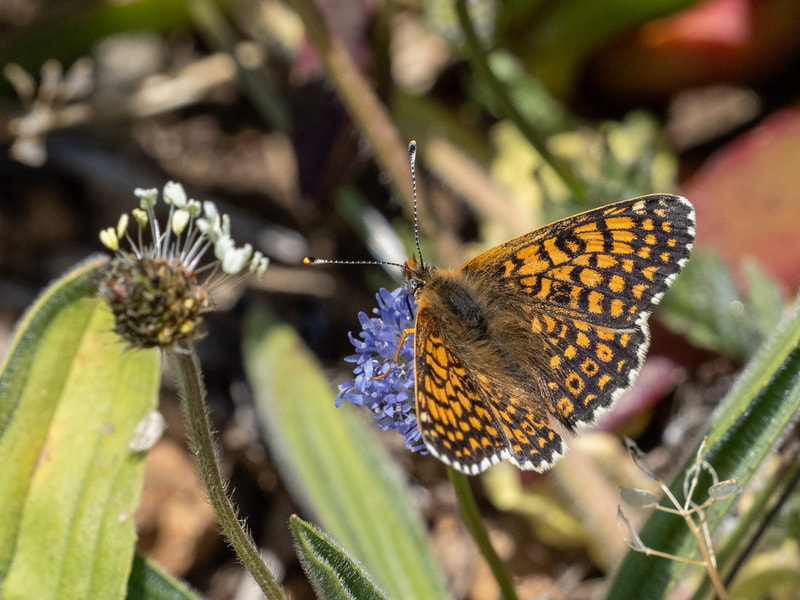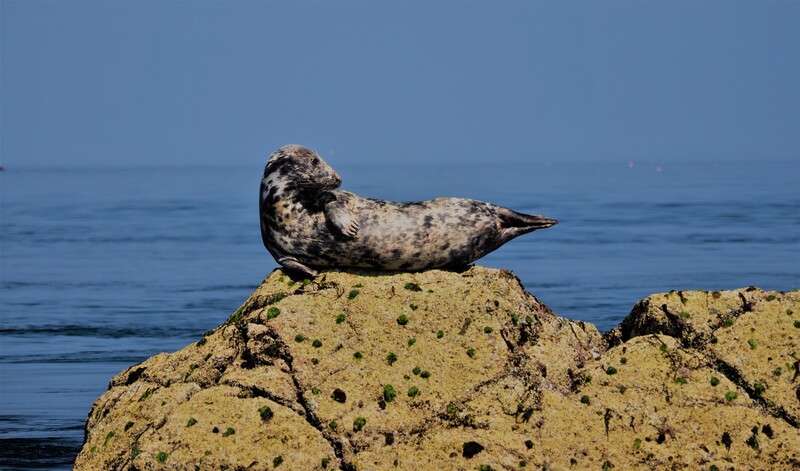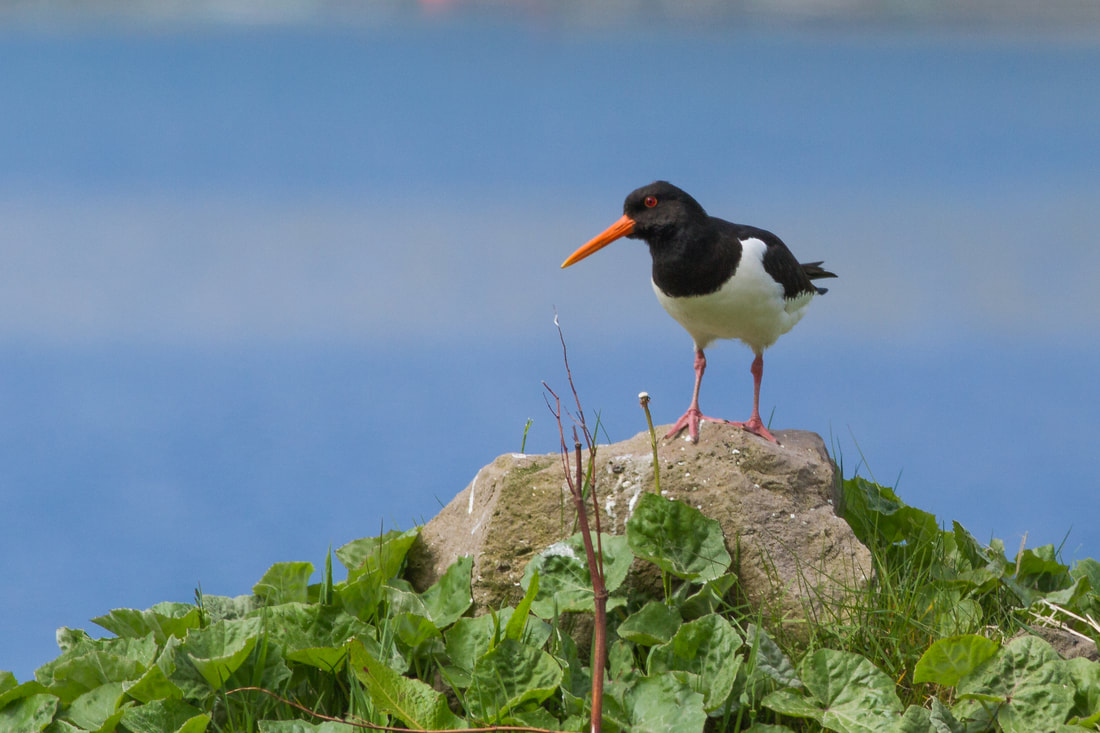|
Mara Bushtops, the only safari camp in the Maasai Mara with a substantial natural salt lick directly in front of its camp, has launched a new webcam with high speed internet ensuring a permanent live feed from one of Kenya's wildlife hotspots. Watch all the action here (@Bushtops on YouTube) .
A steady stream of wildlife visits the salt lick day and night, still visible after sunset via infrared technology, in search of the minerals needed for healthy bones. This creates a constantly shifting nature show, as gazelle jostle with warthogs, zebra and impala, topi and buffalo. Herds of elephant can be joined by up to 40 giraffe at any given time – with predators such as leopards and lions in attendance. What a privilege to have this permanent window to the wild! Most of the action occurs between 10AM - 4PM Kenya time (GMT +3) but viewers around the globe can also browse through the previous 12 hours of footage recorded in case they missed something. About Bushtops Owned and managed by the third generation Stuart family, Andy and Claudia have established three unique camps in East Africa that offer a superlative wild luxury experience under canvas. Their first camp, Mara Bushtops, sited in a private concession on the fringe of Kenya's Maasai Mara National Park, overlooks a natural salt lick which attracts diverse wildlife from miles around. Positioned along the pathway of the annual wildebeest migration, they also have two camps in Tanzania, Serengeti Bushtops in the northern Serengeti and Roving Bushtops, unique mobile camp which moves seasonally between central and southern Serengeti, in sync with the famous wildebeest migration. Bushtops Safari Camps offer some of the most luxurious. immersive safari experiences in Africa, with a deep commitment to conservation and sustainability. For more information, see: https://bushtopscamps.com/
0 Comments
Volcanoes Safaris have been pioneers of gorilla and chimpanzee eco-tourism in Uganda and Rwanda since 1997 Kelling Heath Holiday Park Welcomes Rare Autumn Litter of Endangered Red Squirrel Kittens16/12/2023 The Holiday Park's rare Autumn litter will help restore endangered native populations as part of a conservation network across the UK
Kelling Heath Holiday Park in North Norfolk has welcomed a litter of two healthy red squirrel kittens, born late September to its resident breeding pair. An autumn arrival of red squirrel kittens is remarkably rare, with the species usually producing litters between February and June. The thriving litter of kittens will further the Park's historic conservation efforts. The new red squirrel kittens will join the previous litter born in July 2023 and can already be seen outside the nest box in the enclosure, settling into their new home. In an effort to help protect this endangered native species, Kelling Heath has successfully bred three healthy litters this year, totalling nine kittens in 2023 alone. David Martin, Countryside Manager at Kelling Heath Holiday Park said: “Welcoming a litter as late as autumn is an incredibly rare thing and took the team by surprise. We're overjoyed at such wonderful news and we're happy to see the little ones out and about in their enclosure already.” Before the kittens go on to join other conservation and rewilding programmes, they will spend at least six months at Kelling Heath learning everything they need to survive and thrive in the wild. With the help of their parents, they will learn how to climb trees, jump and forage for pinecones while independently exploring their protected enclosure. Kelling Heath was one of the last places in Norfolk that red squirrels called home before they disappeared from the region over 40 years ago due to the introduction of the non-native American grey squirrel. Now, the red squirrel population is slowly increasing thanks to both regional and nationwide conservation efforts. “We're very proud to support the biodiversity of the region and the legacy of the red squirrel through our ongoing conservation efforts. We're thrilled to see the numbers of red squirrels increasing across the nation and are proud of the part Kelling Heath's efforts play in that for this magnificent native species”, Martin adds. To keep up-to-date with the kittens' journeys, follow Kelling Heath Holiday Park's Facebook @kellingheath or Instagram @kelling_heath pages. Since 1999, Kelling Heath has kept red squirrels as part of a national conservation scheme to help restore population numbers of the endangered species. Since then, Kelling Heath's red squirrel kittens have either been sent to other licensed captive programmes or released into the wild where established colonies still thrive within the UK. Red squirrels are an endangered species due to the loss of their woodland habitat and the introduction of the non-native American grey squirrel. To find out more about Kelling Heath Holiday Park, go to: www.kellingheath.co.uk 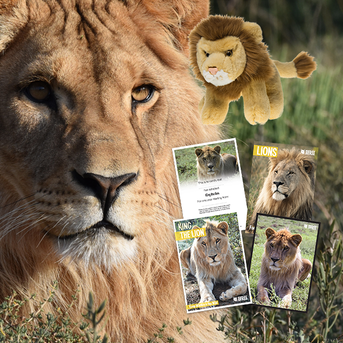 A Born Free adoption is the gift that gives twice. From King the lion to the Brown Bear Orphans, there are 19 fabulous adoptions to choose from. All are real animals, either living in the wild and protected by Born Free's conservation projects or receiving expert lifetime care in the charity's sanctuaries. Besides adopting an animal, you can buy your Christmas gifts here too. A varying percentage of profits from sales, depending on product, go directly to Born Free, the international wildlife charity founded in 1984 by actors Bill Travers MBE and Virginia McKenna OBE. Adoption packs last one year. The recipient receives a gift pack, soft toy and a bi annual copy of Born Free’s Adopt magazine.
Alderney wildlife sightings The Alderney Wildlife Trust has reported sightings of bottlenose dolphins, grey seals and 2021's first butterfly, the Red Admiral while the island is also home to blonde hedgehogs, the lesser-spotted palmate newt and birds including the Dartford warbler and grey wagtail. The Bird Observatory on Longis bay provides accommodation for bird watchers and researchers, so allowing them to get even closer to the island’s winged inhabitants. Staff from the Alderney Wildlife Trust have teamed up with Visit Alderney to provide a series of virtual walks starting with Fort Albert and Bibette Head Trail, which can be watched on the Trust's YouTube channel here. 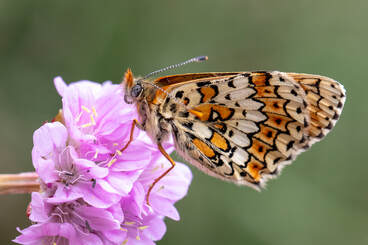 Wildflowers, insects and marine life in Guernsey Swathes of yellow gorse and bright pink common storksbill are emerging along the south coast with endemic ferns and orchid fields prolific at Les Vicheries on the west coast. Bee orchids were found for the first time last year in St Germain. For amateur entomologists, the rare black backed meadow ant, once found across the British Isles, now live only on the cliffs in Guernsey as well as some neighbouring Islands. Nests are marked with red flags. The rare glanville fritillary butterfly is a frequent sight in Guernsey despite falling numbers in the UK, where they’re now spotted in just a few coastal locations. In bays around the island and off neighbouring Herm, underwater meadows of seagrass are visible at low tide. These act as a nursery for schools of fish and absorb carbon from the atmosphere. Large pods of dolphins travel along the south coast cliffs with Havelet bay recorded as the most popular sighting spot. You might also see the shy brown Guernsey vole, considerably larger than its European counterpart, as it is occasionally visible in the fields. Read about one of my visits to Guernsey and Sark HERE During lockdown, La Société Guernesiaise, an organisation whose goal is to preserve Guernsey’s biodiversity, has launched the initiative ‘A Look at Lockdown’ to encourage locals to take photos of wildlife. There has been an increase due to fewer cars being on the road. Puffin watching in Herm & Sark From mid-March to July, puffins migrate to the islands to breed, especially on Herm and Sark. In normal times, visitors can take a boat trip around the islands, while the more adventurous may prefer a puffin-kayaking trip with Outdoor Guernsey. Sark’s Gouliot Headland, declared a ‘Wetland of International Importance’ under the Ramsar Convention, is carpeted with anemones, sponges and soft corals, seen during spring low tide. Herm is a Ramsar site designated for its intertidal area and breeding bird populations. Bird nesting in Lihou The tidal island of Lihou also a Ramsar site is home to over 150 species of birds including the striking black-backed gull. Lihou’s rocky outcrops and shingle banks offer the perfect nesting environment. The absence of visitors last year meant that breeding pairs of internationally important species including European shags and oystercatchers were seen nesting around the island. Over the past few years the species have been in decline due to human interference. However, Lihou's unique location and lockdown measures enabled the birds to breed successfully. more at www.visitguernsey.com images (c) Andy Marquis - Guernsey Wildlife and Nature Photography /The Bailiwick DolFin Project/ Rod Ferbrache |
AuthorI'm Gilly, award winning journalist, travel writer, 13 x author. Credits include: Telegraph, Mail, CNN, Express, BBC mags, Country & Town House, The Scotsman, World of Cruising & countless others Categories
All
|
